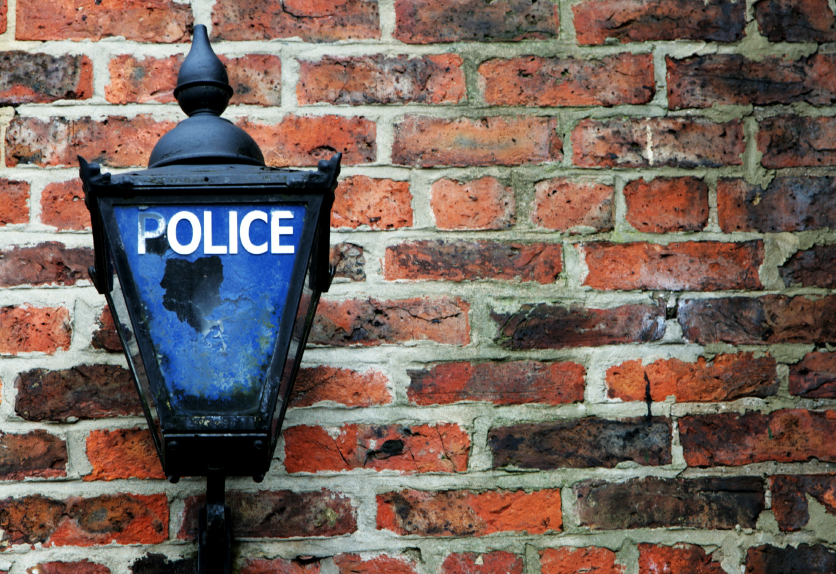 Cautions are sometimes referred to as a ‘slap on the wrist’. This can be a damaging misconception. Although accepting a caution avoids direct punishment and the ordeal of going to court, it has its own long-term consequences that can impinge upon your personal life and career in ways that are often overlooked.
Cautions are sometimes referred to as a ‘slap on the wrist’. This can be a damaging misconception. Although accepting a caution avoids direct punishment and the ordeal of going to court, it has its own long-term consequences that can impinge upon your personal life and career in ways that are often overlooked.
Nearly 400,000 cautions were issued by police across England and Wales over the last two years (here). These cautions were added to the Police National Computer that is searched by the Disclosure and Barring Service, the body that conducts criminal record checks and issues criminal record certificates to assess a person’s suitability for employment in certain roles.
A new filtering system has been introduced to reduce the circumstances when cautions must be disclosed partly as a consequence of a case known as ‘T’. However there are a range of exempted fields where cautions will still be disclosed to prospective employers. Cautions will not be filtered if they relate to listed offences or have been issued to someone with a previous conviction. Cautions issued to adults within the past six years will also be disclosed and a shorter period of two years applies to police warnings issued to children under the age of 18. Though legislation allows individuals to not disclose ‘spent’ convictions to prospective employers (cautions are “spent” as soon as they are given), this does not apply in respect of certain regulated occupations, positions of trustand when someone works with children or vulnerable adults.
Being cautioned also has ramifications for established professionals. Doctors, lawyers, registered financial practitioners and armed forces personnel who are cautioned may face separate investigations and ensuing disciplinary proceedings depending on the alleged transgression. The quandary for professionals is that if they are subsequently convicted after refusing to accept a caution, a disciplinary committee is likely to factor in dishonesty to their determination.
Before the administration of a caution can be considered, there must be a clear and reliable admission to the offence in question. In practice, indications are often given before a police interview that a caution is likely to be offered in the event of an admission. An ‘admission’ can be interpreted very loosely in circumstances where police have monthly targets for ‘sanction detections’, which include cautions. Although it is a police requirement to ask people to sign a form setting out the implications of a simple caution, the use of varying formats across different police areas exacerbates the likelihood of inconsistent practice.
Although there is a risk of people foregoing legal advice and accepting a caution for an offence they did not commit, there are also pitfalls for those who do accept legal advice. With the ongoing decline of legal aid, the quality of legal advice available at police stations is patchy at best. These factors can result in suspects not raising a defence to the allegation that is in fact available to them or perhaps not realising that they have raised a defence during interview. In the absence of proper legal advice, a suspect arrested on suspicion of a minor assault may accept a caution far too readily without realising that by raising self-defence it renders the matter unsuitable for caution.
There are many instances when accepting a caution is the most appropriate course of action. There are also occasions when individuals accept police cautions far too hastily to curtail the unpleasant experience of being in police custody. Even with the introduction of the filtering system it is vital to appreciate that a caution from the past can still disproportionately encroach on your future in a range of different ways. Anyone who believes they have mistakenly accepted a caution should seek early legal advice. Depending on the circumstances, police cautions can be overturned but swift action is normally required. Individuals are often unaware of the significance of accepting a caution until it resurfaces unexpectedly at some future event when it is too late to initiate a legal challenge. It is only at this stage that realisation dawns that a caution can be much more than a mere slap on the wrist.






